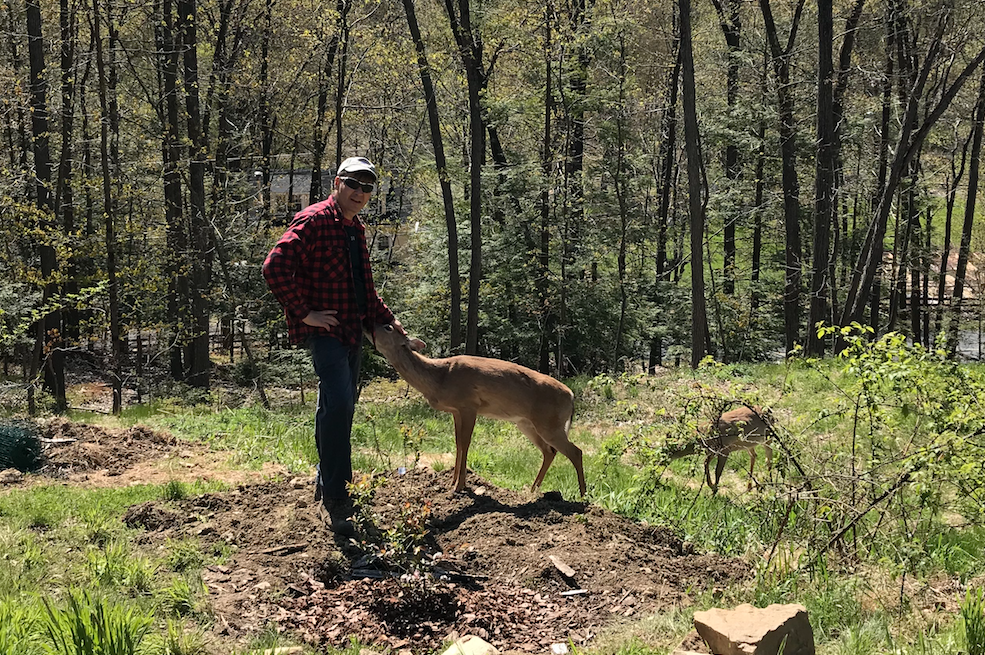Why do we so relentlessly question nature’s perfection? In general, we seem to want to improve nature because we don’t think it’s perfect. We see the bugs on the lettuce as a pest to be eradicated rather than asking why. When the climate goes haywire or a virus affects the entire planet many see it as an aberration of nature instead of asking how it happened. Who is the culprit, we ask.
Nature is perfect - resilient, beautiful, abundant, grand, powerful, adaptable, magical, and a mirror of our beliefs and actions. When we can’t see that because we’re disconnected from it and interfere with it in order to bend it to our own distorted interpretation of what should be, that’s when the trouble starts. The trouble can manifest as climate change, Covid-19, Japanese beetle infestation, bee colony collapse syndrome, drought, and so many other environmental issues. It also manifests in ourselves as disease or psychological issues. As a species, we live in a permanent state of discontent and want to improve everything around us, yet have lost the key to seeing where to start.
When we reconnect with the spiritual nature of nature, and that of our own imbeddedness in it, when we begin to search for that potentially bigger picture we just can’t see as yet, when we learn to trust that there’s rhyme and reason behind life instead of uncontrollable randomness, it all becomes more reassuring. The key is actually inside each one of us, not out there. This is an invitation to go inward and reconnect with ourselves and the bigger picture, that we are one with nature, not apart from it, and that when we’re out of balance, nature as a consequence suffers that imbalance and shows it to us like a mirror.
Each one of us, hence, has the tremendous and awesome task to reconnect, inward and outward, with our own true nature from which everything springs. When you shift, it shifts. When I shift, it shifts.







